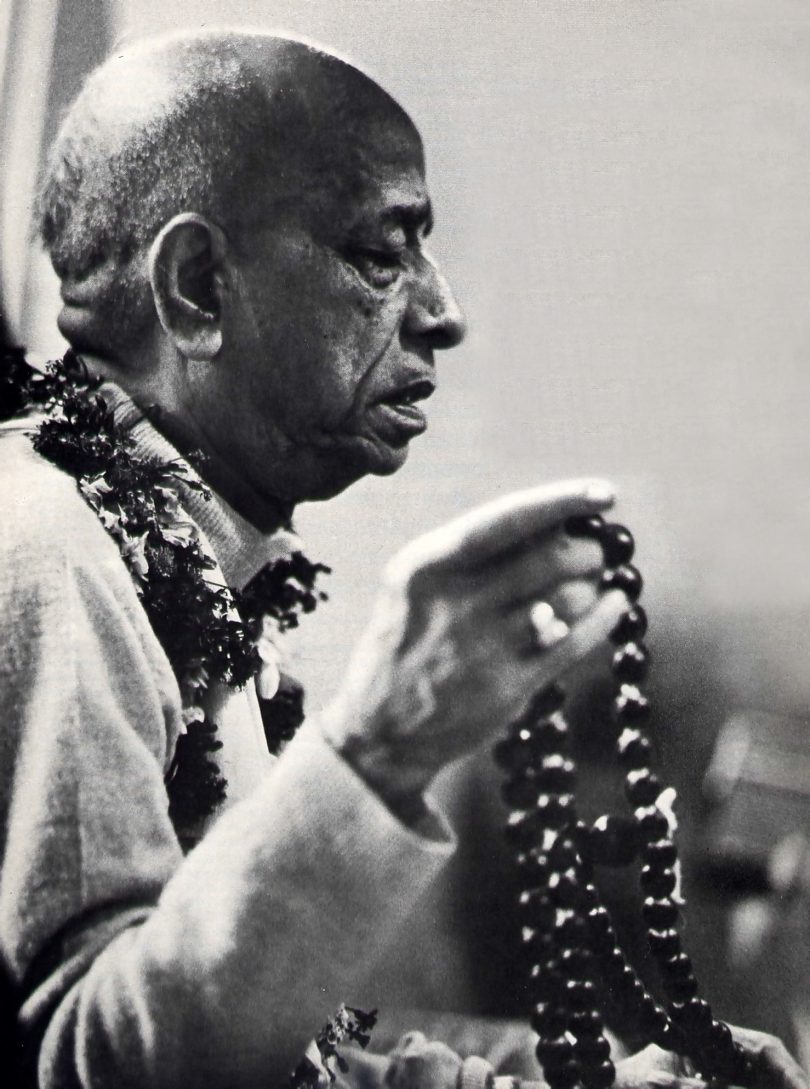Question: Can the Supreme Soul can be realized only when the mind becomes pure? Does the chanting of “Hari Om” purify the mind? Is there any mantra helpful in attaining the highest goal of self-realization? What are the different phases of sadhana practiced in ISKCON?
Answer by Romapada Swami: Yes, practical realization of the Supreme Soul is attained when one becomes fully pure, free from the effects of passion and ignorance, and lust, greed and other attendant impurities of heart.
Chanting of any of the innumerable Holy Names of the Supreme Lord purifies the mind. The sixteen syllabled mantra, “Hare Krishna Hare Krishna Krishna Krishna Hare Hare/ Hare Rama Hare Rama Rama Rama Hare Hare”, which is called the mahamantra, is especially recommended in the Upanishads as the most effective mantra in this age of Kali, and chanting of this mantra can bring one to the highest platform of self-realization and God-realization.
The most important element of sadhana for a devotee in ISKCON is to chant at least sixteen rounds (each round consisting of chanting the mahamantra mentioned above 108 times on tulasi beads). One also must follow the four regulative principles, namely, no eating of non-vegetarian foods including fish, meat and eggs; no intoxication including coffee and tea; no gambling; and no illicit sex. Devotees eat only Krishna prasadam (food prepared and offered to Krishna). In addition, devotees read and hear lectures on devotional books like Bhagavad-gita and Srimad Bhagavatam everyday.
Another important part of the daily sadhana is to rise early during the brahma-muhurta (an hour and a half before sunrise) and worship and sing prayers in honor of the spiritual master and the Supreme Lord, and worship Tulasi. This morning worship is called mangala-arati, and can be done either at home or by participating in a regular temple program. Devotees generally chant most of their sixteen rounds early in the morning, before and after mangala-arati, prior to beginning their day’s work. In addition to the above basic sadhana, one can do more according to one’s availability of time and resources.







